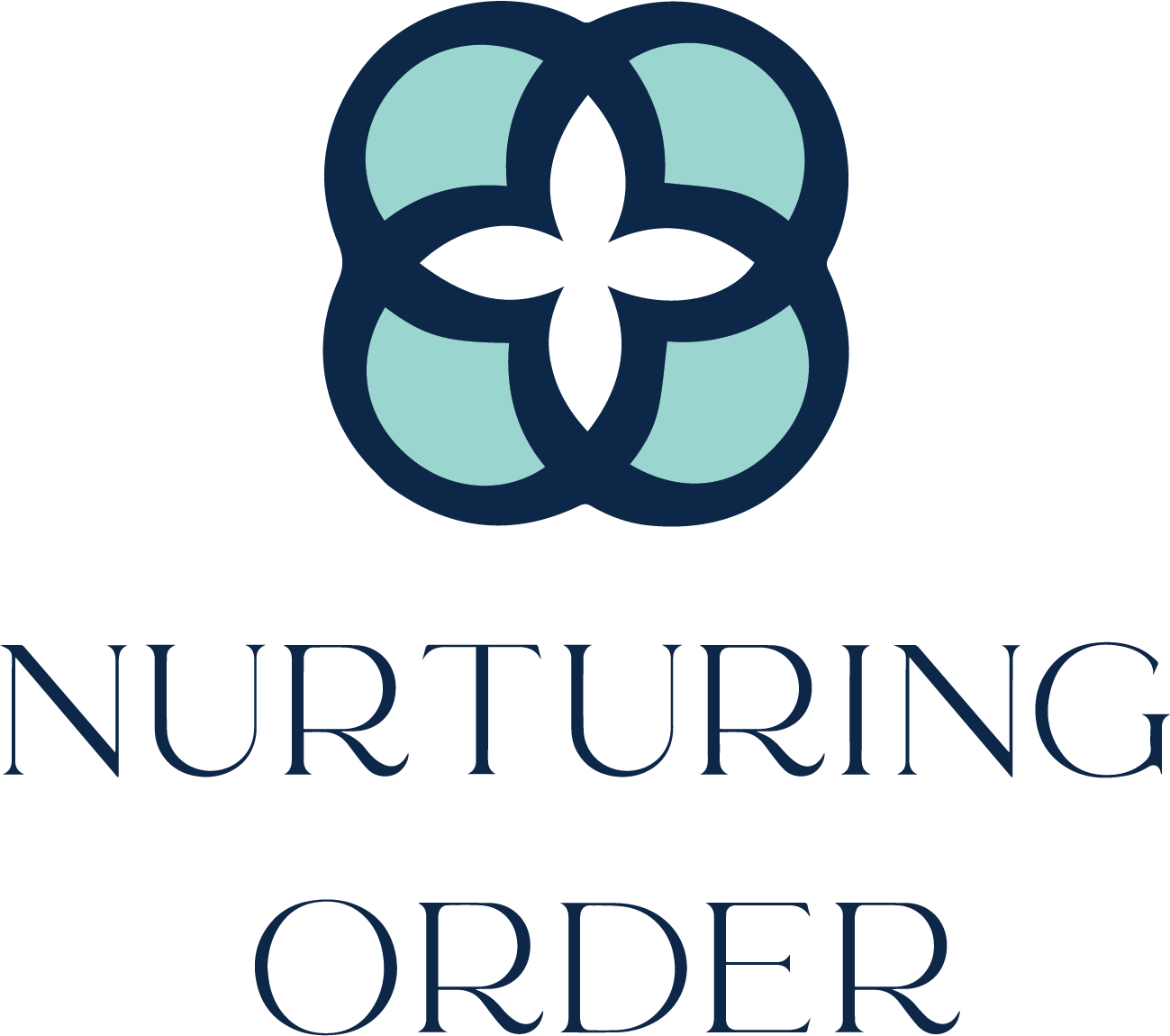Most anyone you meet would likely agree that there are many benefits to being organized and seeking to produce a tidy and organized living space, yet so many individuals and families struggle to either get organized or stay organized in their home.
After some intentional research, client observation, and personal reflection, I think I may have a solid suggestion for an antidote to getting organized and staying organized.
An Antidote is defined as something that works against an unwanted condition to make it better.
Something that relieves, prevents, or counteracts unwanted effects.
Read on to consider how this suggested antidote could be just the ticket to more consistency in achieving your home organizing goals – or any goals!
Some goal seekers strive to make progress toward success by seeking just the right “motivation” for their particular situation. They create vision boards, they seek out inspiration from others, or they simply wait for the illusive motivation to simply strike and they wait for the perfect conditions before expecting to produce any change.
But honestly, I have found that motivation as a catalyst for getting things accomplished is a myth.
Motivation alone cannot be relied upon to make progress on your goals. You must identify and capitalize on what will consistently inspire you to ACTION.

Our repeated experiences often shape our lens of how to attain success and achievement.
Think about it – For the majority of our developmental years, we have outside sources guiding and directing our success. Like goal achieving guard rails set in place to support us, propelling us forward. Parents guiding and directing expectations in the home, teachers at school, coaches of sports teams, leaders of extra curricular activities. We HAD to show up to class every day (built in routines), we were EXPECTED to turn things in on time (assignments from teachers), we gave and received support from our team-mates and in some cases, consequences were doled out when expectations were not met.
When we launch out into the world on our own, those built in expectations and outside forces are simply not as present in the same way outside of expectations from a boss or supervisor on the job. It’s now our job to produce that. Some will continue to succeed on achieving goals without these external sources in place, but for others, its more of a struggle and that can be quite frustrating for someone who was identified as being a successful high achiever in their younger years.
Perhaps we but simply need to consider how those same experiences of built in outside expectations can be replicated or built in for ourselves to find the success we seek within our home goals, or any personal goals, for that matter.
I love reading and learning about personality differences, traits and such. I can completely geek out on all things relating to the various individual Temperaments, The Enneagram, Myers Briggs and the like. So, naturally I was quite interested to check out a particular book by Gretchen Rubin titled ‘The Four Tendencies . If you click through to the Amazon link you’ll see that in this book;
“Rubin realized that by asking the seemingly dry question “How do I respond to expectations?” we gain explosive self-knowledge. She discovered that based on their answer, people fit into Four Tendencies: Upholders, Questioners, Obligers, and Rebels. “
For myself, I identify somewhere in-between the Upholder and the Obliger Tendency. I observe that inner motivation will only propel me so far, then I need to rely upon outside forces, sources and accountability in order to keep me consistently showing up for myself and my goals.
I’ve long been a fan of checklists and have relied on them to help stay on track to uphold routines get things done. I created a collection of Printable Checklists that you can reference and download.
Recently, I additionally made a more personalized checklist in order to stay on track with some of my more current and specific goals.

I have also considered and identified additional ways to make intentional efforts to create guard rails and outside support and expectations to continue propelling myself forward. One example is in asking for accountability from outside sources like my husband, friends, fellow entrepreneurs as well as professional and personal coaches. This works particularly well for those certain tasks I knew I might be more reluctant to attain simply by relying on my “Upholder” tendency alone. Another example was to join a local gym that has strength classes that I can sign up for. That way, I can get crowd accountability to complete my strength training goals alongside others rather than relying on personal “motivation” to pursue that all on my own. The monetary investment is an additional incentive to show up once I sign up!
If you determine that a particular goal is worthy to prioritize giving your time and energy to pursue, take some time to consider how you relate and respond to expectations. You can then consider how you can seek to create select circumstances and experiences for yourself as a way to serve as a catalyst to growth! The solutions will depend on your natural bents and tendencies and and once you uncover that, you’ll find your personal antidote to achieving success in your goals as well!
If you also have obliger type tendencies, (where you tend to meet outer expectations, but struggle to meet inner expectations) then finding outside sources to spur you on towards your goals will be huge! Seeking out additional accountability with a friend, family member or professional will be just the ticket to your eventual success!
Finally, no matter what individual tendency you have, one constant will always remain:
The more items you have, the more you’ll have to manage.
If you find you’re consistently overwhelmed and over-worked in terms of keeping things orderly and organized, the best antidote may be to simply, but intentionally, remove the amount of physical items within the home in order to more easily manage and maintain overall.




